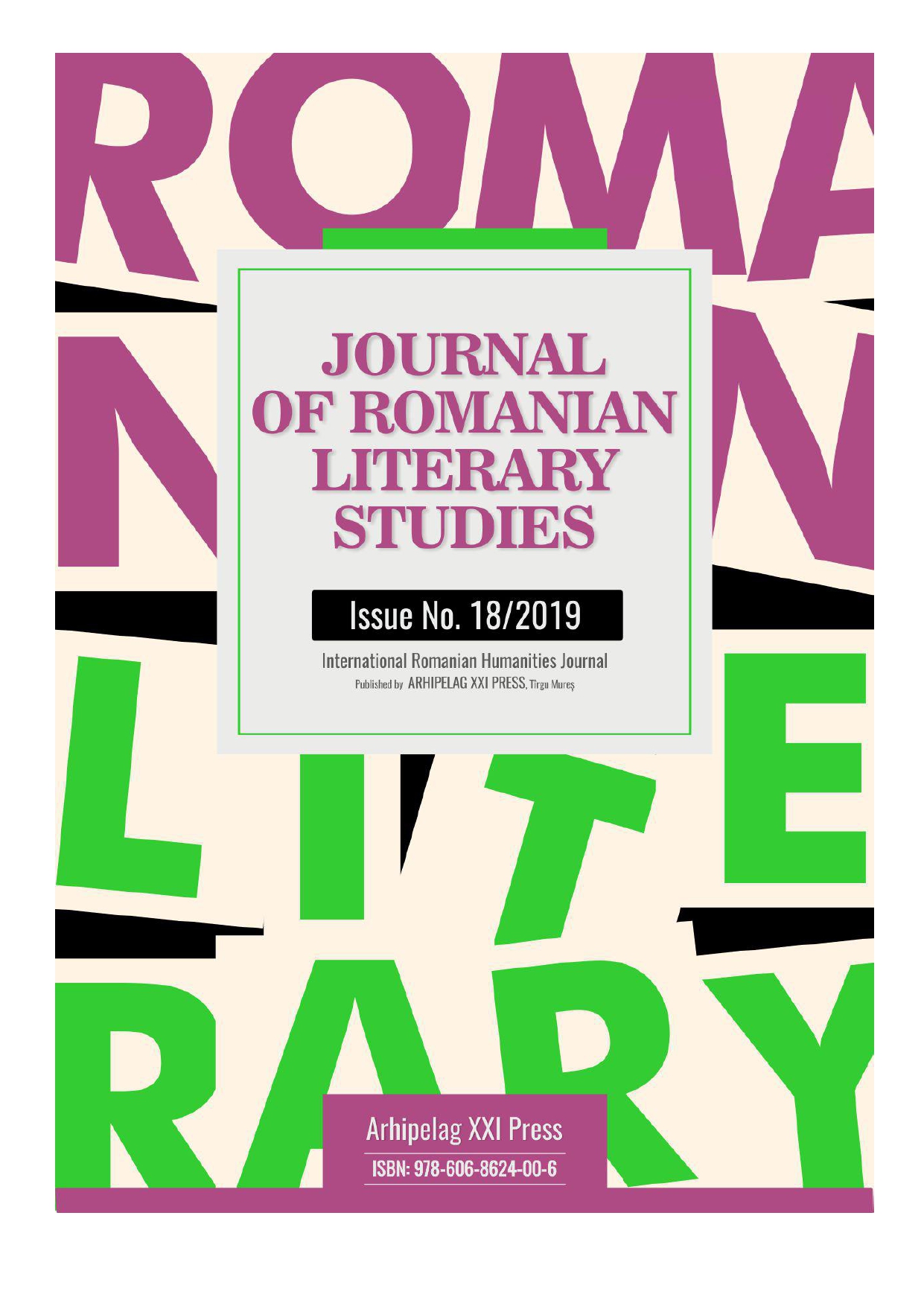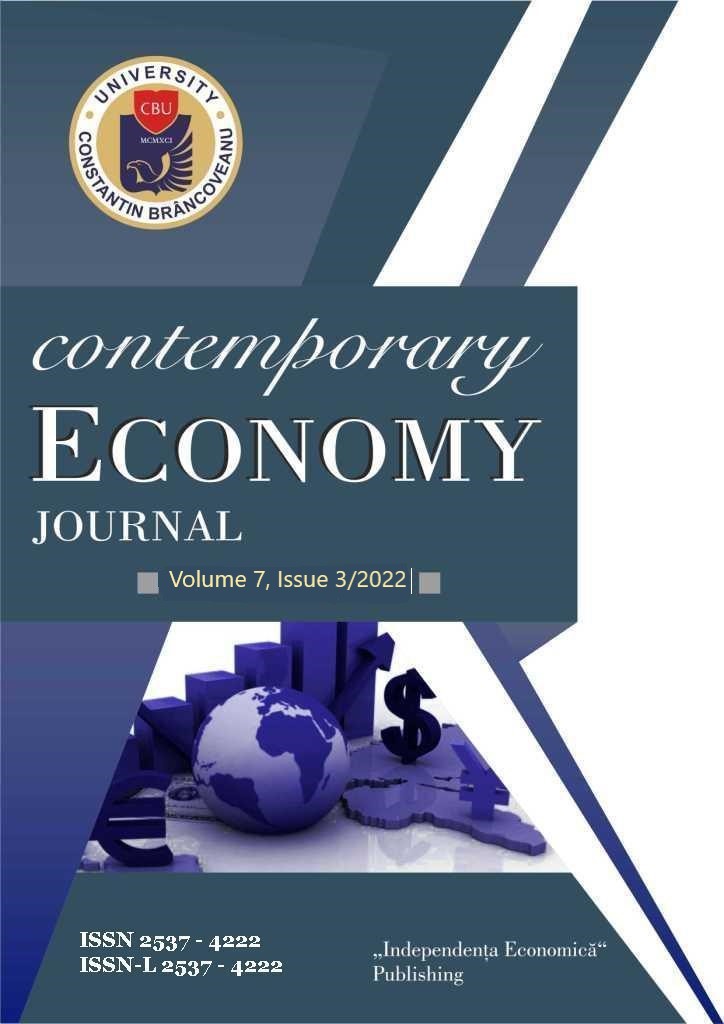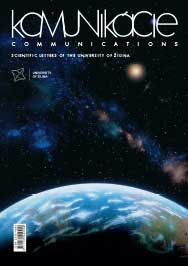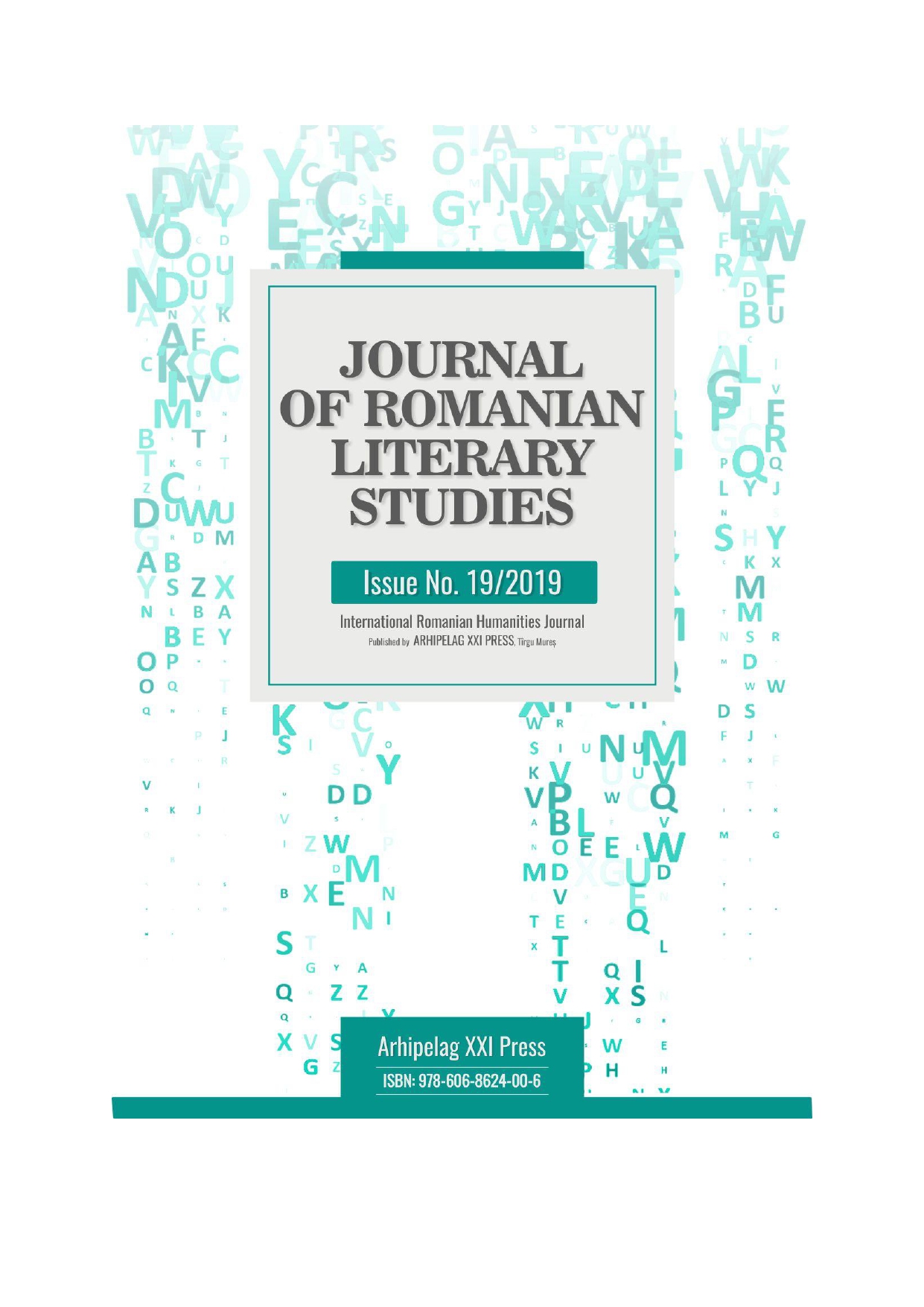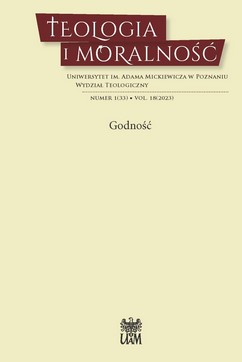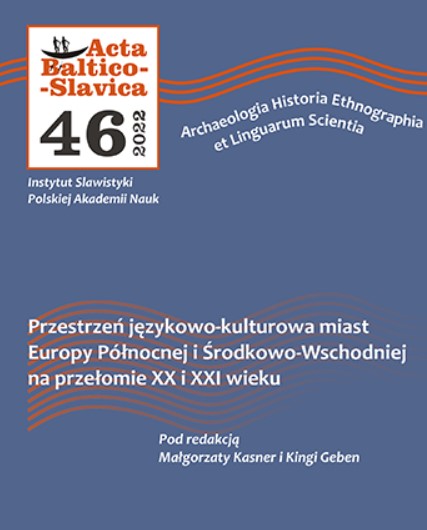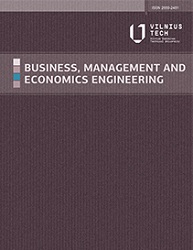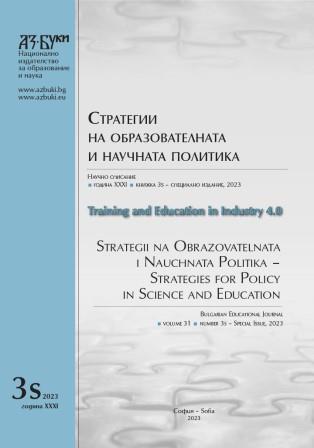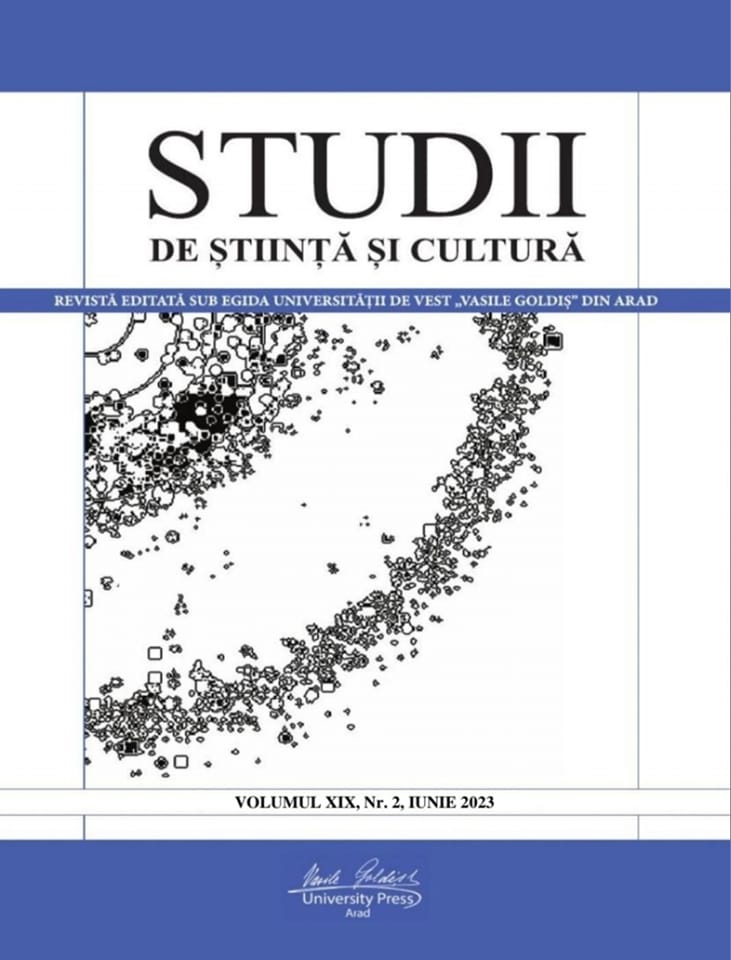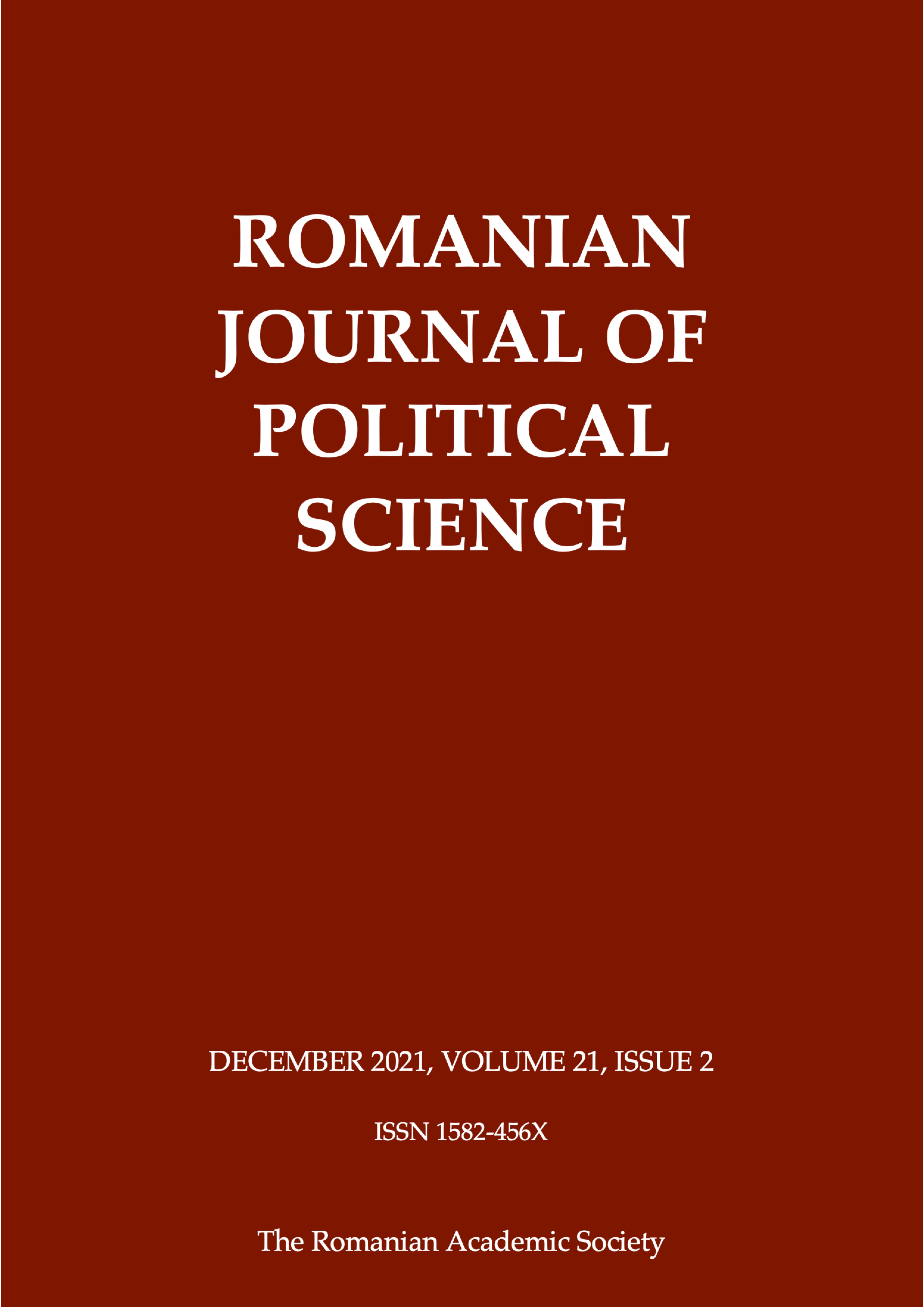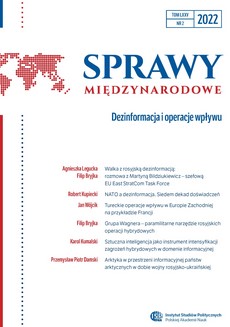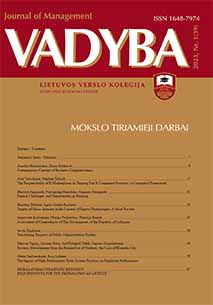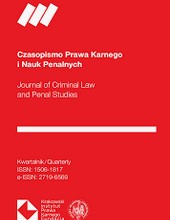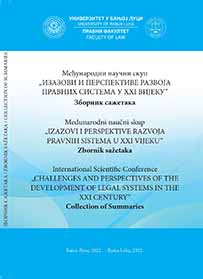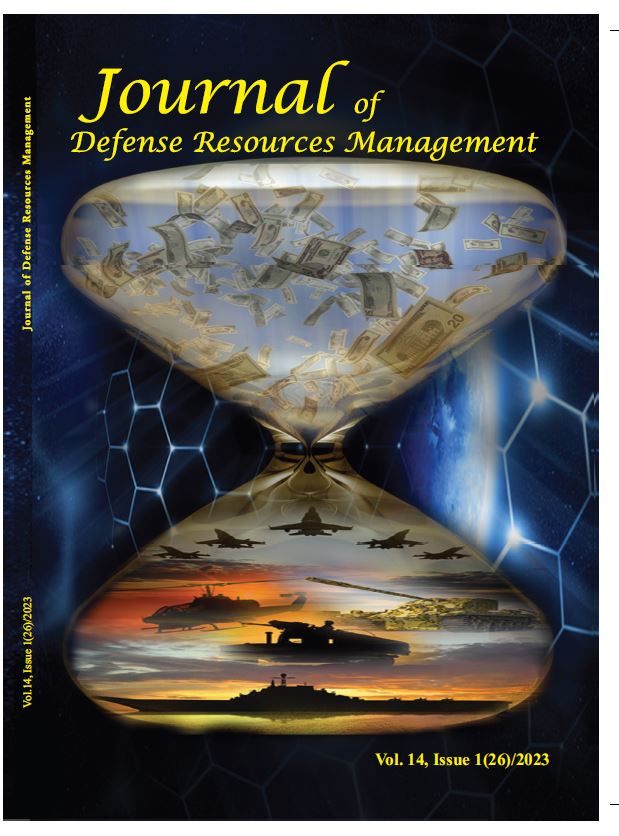Homlokzatépítés, szelfi, nárcisztikus önábrázolás az új médiában
Representing the human face is not an easy task. Susan Sontag points out that one wants an idealized image of oneself: a photo that shows one’s best side. It feels unfair not to be more beautiful in the picture than in reality. This, in turn, shows that most of the photographs are not honest. In addition to the psychological aspect, there is also a sociological one: the construction of the facade, as described by Goffman in his work “Presenting the Self in Everyday Life”. He thinks building a facade is an identity-building strategy for the public, like Facebook. New media has become part of everyday life. This is especially true for Facebook. Over the past decades, there have been major changes in technology that have affected the culture of image and vision. All of this allowed us to take self-photos at any time and publish them in digital media as soon as possible. A selfie (self-photograph) is a photograph that a photographer takes of himself. A selfie is usually a photograph taken with a cell phone and has distinctive features such as a mirror image. A narcissistic person can make many selfies and publish them on social media to seek constant approval. The narcissist can push selfish behaviour to the extremes, to pathological boundaries. The most striking is that even serious people with significant social status make selfies. It is worth circumventing the assumption that there are scientists who consider the selfie to be a mental illness. The evolving technology encourages users of digital media interfaces to try to create an even more complex user profile of themselves. By enabling self-representation, new media is generating more and more knowledge.
More...
